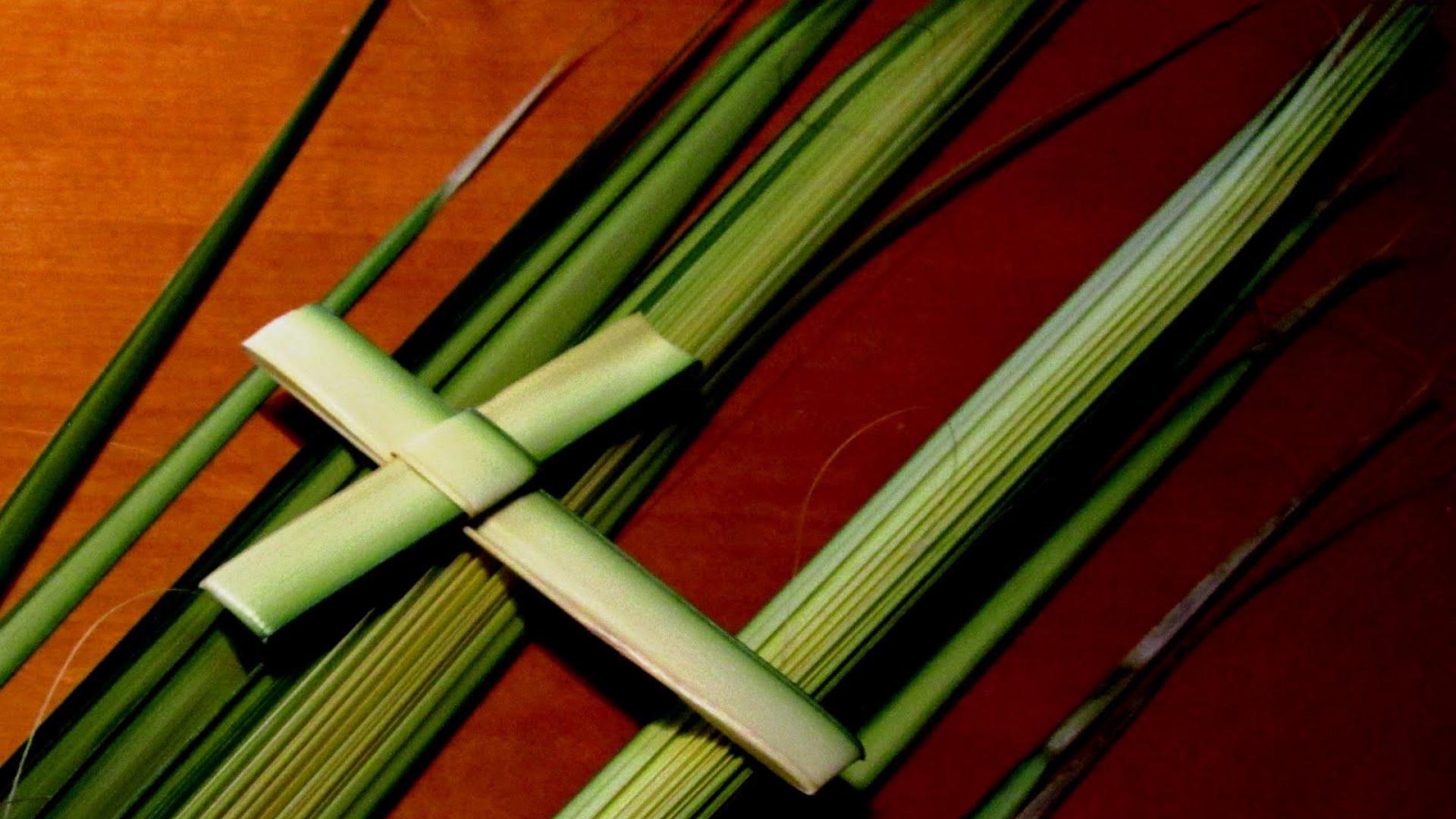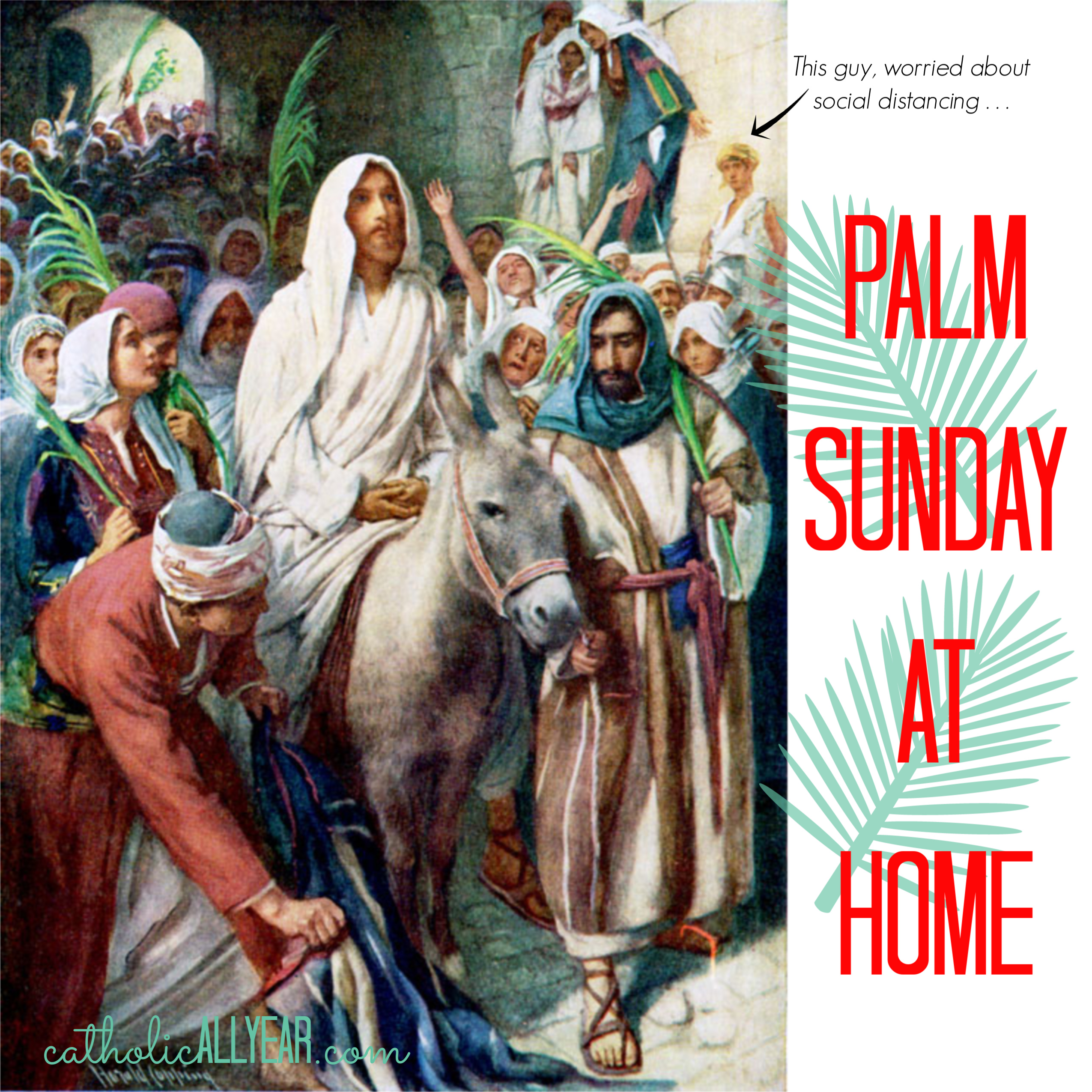In the Christian calendar, Palm Sunday holds a special place as it marks the beginning of Holy Week. This day is celebrated with great reverence and enthusiasm by millions of Christians worldwide. But what is Palm Sunday, and why is it so significant? This article delves into the history, traditions, and spiritual significance of Palm Sunday, offering a comprehensive understanding of this important Christian observance.
Key Takeaways

- Palm Sunday commemorates Jesus Christ’s triumphant entry into Jerusalem.
- It marks the beginning of Holy Week, leading up to Easter Sunday.
- Palm branches symbolize victory, triumph, peace, and eternal life.
- Traditions vary globally but often include processions and the blessing of palms.

What is Palm Sunday?
Palm Sunday is a Christian feast that falls on the Sunday before Easter. It commemorates the triumphant entry of Jesus Christ into Jerusalem, an event mentioned in each of the four canonical Gospels. The day is named after the palm branches that the crowd scattered in front of Jesus as he rode into the city on a donkey. This event is seen as a fulfillment of prophecy and a symbolic act of Jesus’s kingship and humility.
The Biblical Account
The story of Palm Sunday is recounted in the New Testament in the books of Matthew, Mark, Luke, and John. According to the Gospels, Jesus rode into Jerusalem on a donkey, and the crowds greeted him with shouts of “Hosanna!” and laid palm branches and cloaks on the road before him. This act was a traditional sign of honor and respect, symbolizing the recognition of Jesus as the messianic king.

The Significance of Palm Branches
The use of palm branches during Palm Sunday has deep symbolic meanings. In ancient times, palms were a symbol of victory, triumph, peace, and eternal life. In the context of Palm Sunday, the branches signify the victory of Jesus over death and sin, foreshadowing his resurrection on Easter Sunday. The palms are often blessed and distributed to congregants during church services, and in some traditions, they are kept until the following year to be burned for Ash Wednesday.
Traditions and Celebrations
Palm Sunday is celebrated in various ways across different Christian denominations and cultures. Some of the common traditions include:
- Processions: Many churches hold processions that mimic Jesus’s journey into Jerusalem. Congregants carry palm branches and sing hymns, often reenacting the biblical account.
- Blessing of the Palms: A central part of the Palm Sunday service is the blessing of the palms, which are then distributed to the congregation.
- Passion Plays: Some communities perform passion plays that depict the events of Holy Week, starting with Palm Sunday.
- Decorations: Churches are often adorned with palm branches and other greenery to symbolize the new life and hope brought by the resurrection of Jesus.
Global Variations in Celebrations
While the core meaning of Palm Sunday remains the same, the way it is celebrated can vary significantly around the world:
In the United States
Many American churches hold special services that include the distribution of palm fronds and processions. In some regions, children participate in reenactments of Jesus’s entry into Jerusalem, adding a youthful spirit to the celebration.
In Latin America
Palm Sunday is often marked by vibrant processions and parades. In some countries, artisans craft intricate designs from palm leaves, which are then blessed and used to decorate homes and churches.
In Europe

European countries have a rich tradition of Palm Sunday celebrations, often featuring elaborate processions and the use of willow or olive branches in place of palms, depending on local flora.
The Spiritual Significance of Palm Sunday

Beyond the historical and cultural aspects, Palm Sunday holds profound spiritual significance for Christians. It serves as a reminder of Jesus’s humility and willingness to sacrifice for humanity’s salvation. The day also sets the tone for Holy Week, a time of reflection, repentance, and preparation for the celebration of Easter.
A Time for Reflection
Palm Sunday invites believers to reflect on the themes of humility, sacrifice, and redemption. It encourages Christians to consider their own lives in light of Jesus’s teachings and to prepare their hearts for the solemn observances of Holy Week.
Palm Sunday is a deeply meaningful day in the Christian liturgical calendar. It not only commemorates a pivotal moment in the life of Jesus Christ but also invites believers to reflect on the values of humility, peace, and redemption. As the gateway to Holy Week, Palm Sunday is a time of both celebration and contemplation, setting the stage for the transformative events of Easter.
Understanding the significance of Palm Sunday allows individuals to appreciate its role in the broader context of Christian faith and tradition. Whether through processions, the blessing of palms, or personal reflection, the observance of Palm Sunday continues to inspire and unite Christians around the world.